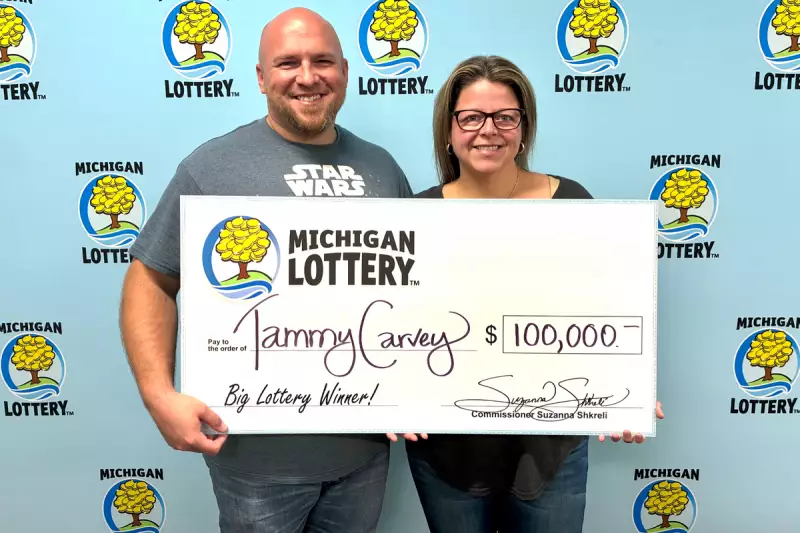
In what could be described as a modern-day alchemy experiment, a Michigan lottery enthusiast discovered that even the most advanced artificial intelligence cannot crack the code of random chance. The man, who has chosen to remain anonymous, turned to OpenAI's ChatGPT in a bold attempt to predict winning Powerball numbers.
The Digital Fortune Teller
The gambler presented ChatGPT with a straightforward request: generate potential winning numbers for the upcoming Powerball draw. The AI complied, producing a set of numbers that seemed as plausible as any other combination. Armed with this digital prophecy, the man purchased a ticket and awaited what could have been a historic moment in both lottery and artificial intelligence history.
Reality Bites Back
When the actual Powerball numbers were revealed, the harsh truth emerged: ChatGPT's selections missed the mark completely. Not a single number matched, proving that even the most sophisticated language model cannot outsmart pure randomness. The experiment cost the man nothing more than the price of a lottery ticket, but provided valuable insight into the limitations of current AI technology.
Why AI Can't Beat the Odds
Experts explain that lottery draws are designed to be completely random events, with each number having an equal probability of being selected. ChatGPT, despite its remarkable language capabilities, operates by predicting likely word patterns based on its training data - not by calculating mathematical probabilities or predicting future random events.
Key limitations revealed by this experiment include:
- AI cannot generate truly random numbers
- Language models lack understanding of probability mathematics
- Current technology cannot predict future random events
- AI suggestions are based on patterns, not clairvoyance
A Warning to Aspiring Millionaires
While the temptation to use technology to gain an edge is understandable, this incident serves as a clear reminder that some systems are designed to be unpredictable. Lottery officials have consistently maintained that their drawing systems use certified random number generators that cannot be predicted by any method, artificial or otherwise.
The Michigan man's experiment, while unsuccessful, highlights both the creativity of lottery players and the important boundaries of artificial intelligence. For now, it seems the old-fashioned method of random selection remains as reliable as any technological alternative.





